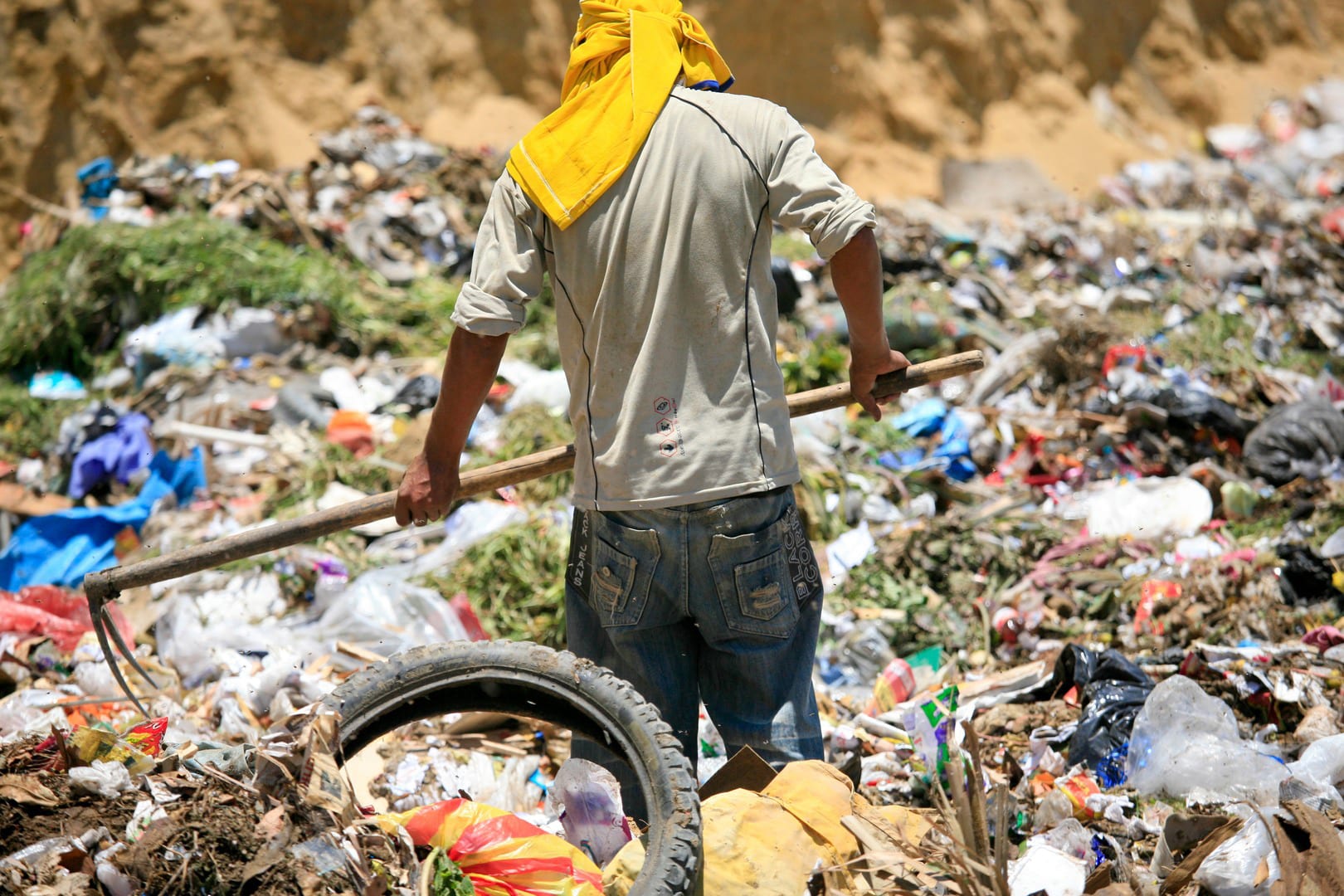*If you have not already subscribed to our weekly interactive newsletter, please visit: http://equedia.com/newsletter/
For the full interactive edition, please CLICK HERE
Things are beginning to change. Banking systems are about to unravel. Soon the world will be a much different place, starting with Europe.
Last week I said the ECB would cut rates on the 5th; they did just that. I expected more stimulus from Europe; the Bank of England did just that, raising their QE by another £50 Billion. Then China surprised everyone with yet another benchmark interest rate cut.
But was it really a surprise to those who have been following the underlying tones of the world economy?
For the last few years I have pounded on the notion that the world will continue to stave off its financial collapse by printing more money and do whatever it can to hold off outright disaster.
The people on Wall Street, Bay Street, and Howe Street all walk around talking about how bad the economy is, yet believe that things will be okay because policy makers will do whatever they can to prevent the inevitable from happening. So far the policy makers have done just that. But how much more can they do?
The policy makers are trying to prevent the further destruction of wealth. Yet in order to do that they have print more money. Printing money destroys wealth through debasement. Either way, wealth is destroyed. At some point the things they have put in place to avoid disaster will blow up.
Europe’s banking system will need to be saved. As I mentioned last week, it all starts with federalizing Europe’s banking system through a European-wide banking supervisor. After the recent rate cut, this will need to be done quickly.
Europe Blacklisted
JPMorgan Chase & Co. (JPM), Goldman Sachs Group Inc. and BlackRock Inc. (BLK) have just closed European money market funds to new investments after the ECB lowered deposit rates to zero:
From Bloomberg: “JPMorgan, the world’s biggest provider of money-market funds, won’t accept new cash in five euro-denominated money- market and liquidity funds because the rate cut may result in losses for investors, the company said in a notice to shareholders. Goldman Sachs won’t accept new money in its GS Euro Government Liquid Reserves Fund, and BlackRock, the world’s largest asset manager, is restricting deposits in two European funds. “The European market environment is in unchartered territory with such historically low — or even negative — yields for high-quality issuance,” Goldman Sachs (GS) said in a memo to fund shareholders, citing the ECB’s rate cut. “It is not currently feasible for our portfolio managers to deploy capital without substantially diluting the yield for the existing base of shareholders.” The ECB yesterday reduced its benchmark rate to a record low of 0.75 percent and took its deposit rate to zero. Money funds have been struggling to invest client assets at a profit as interest rates globally are near record lows and Europe’s sovereign debt crisis has reduced the supply of available debt. Managers have been forced to cut fees to keep customer returns above zero, and some have abandoned the business. All three firms said the restrictions are temporary and they will monitor market conditions. Investor redemptions from the funds are not being limited.”
That means money will be coming out of European money markets…but won’t be coming back in. This is yet another blow to the ailing countries in the eurozone already suffering from fundraising difficulties (see It’s Time to Get Stinky). It also means euro central banks will have no other option but to step in as lenders or face financial collapse of their banking system.
As I mentioned in past letters, when money can’t be made in other markets, they will begin to flow into the one market with value: gold.
The governments of the world will continue to print more money because it has no other choice. As a result we will see volatility in all currencies and inflation will eventually rise. I stress that we remain in a natural state of deflation for now (see It’s Time to Get Stinky) which only encourages policy makers to step up the printing press.
A few weeks back I said that Bernanke implied he would print more money:
“By his own words, Bernanke has already told us they will do more: “If we are not seeing sustained improvement in the labor market that would require additional action. We still do have considerable scope to do more and we are prepared to do more.”
Stocks are once again falling following the U.S. government’s report that only 80,000 jobs were created in June, the third straight month of weak hiring. The unemployment rate remained at 8.2%. Will Ben take action soon?
I don’t think he has a choice.
Gold is as Good as Cash…Again: Basel III
The new Basel III Accord is set to take effect early next year. BASEL III is a global regulatory standard on bank capital adequacy, stress testing and market liquidity risk agreed upon by the members of the Basel Committee on Banking Supervision in 2010-11.
In the new Accord gold will be promoted to tier 1 status and carry a zero risk weighting; gold currently carries a risk weighting of 50%.
In response to the new Basel III Accord, a letter was issued by the federal bank regulatory agencies with new rules proposed that would revise the measurement of risk-weighted assets by implementing changes made by the Basel Committee on Banking Supervision (BCBS) to international regulatory capital standards and by implementing aspects of the Dodd-Frank Act.
Under the new proposed rules issued by the federal bank regulatory agencies, gold bullion will also carry a zero risk weighting as it has been proposed in Basel III.
In short, that means banks will be allowed to carry gold and consider them tier 1 assets, right alongside cash. Basel III also states that banks must increase their tier 1 holdings from 4% to 6%%. That means banks will have to “cash up.”
How will the banks increase their tier 1 holdings as currency continues to lose purchasing power?
Last year I mentioned that Switzerland’s central bank returned to a profit in the first nine months of 2011 because their gold holdings helped counter losses on their currency reserves.
If you were a bank and had to increase your tier 1 holdings, would you buy gold or currency?
Central Banks around the world have already been hoarding gold. But they’ve only just begun…
No Guts, No Glory
Consider that hundreds of billions of dollars may soon be available as a result of investors exiting the European money markets. Also consider that global banking institutions have been losing billions of dollars in riskier investments and are under serious pressure to keep a tighter ship.
Where will these institutions invest their money when their traditional investments are providing negative returns? The only safe asset I know that has continued its climb over the last decade is gold.
Institutional investors here at home are packing their bags for their two-month summer vacation. This will leave countless deals unattended and buy side liquidity dry. That means there could be further bargains on the gold and silver stocks you have been so patiently watching.
That also means the big sellers have left the market. As a result, little volume on the buyside could push many of these juniors higher.
The smart guys are seeing buying opportunities in a sector that is clearly undervalued while retail investors remain scared. For the last year and a half gold stocks have trended down right alongside the TSX Venture.
But that’s the nature of the business. No guts, no glory.
Until next week,
Ivan Lo
Equedia Weekly

Disclosure: I am long gold and silver through ETF’s and bullion, as well as long both major and junior gold and silver companies – which means I am biased towards the sector. It’s your money to invest and we don’t share in your profits or your losses, so please take responsibility for doing your own due diligence. Remember, past performance is not indicative of future performance. Just because many of the companies in our previous Equedia Reports have done well, doesn’t mean they all will.
Equedia.com & Equedia Network Corporation bears no liability for losses and/or damages arising from the use of this newsletter or any third party content provided herein. Equedia.com is an online financial newsletter owned by Equedia Network Corporation. We are focused on researching small-cap and large-cap public companies. Our past performance does not guarantee future results. Information in this report has been obtained from sources considered to be reliable, but we do not guarantee that it is accurate or complete. This material is not an offer to sell or a solicitation of an offer to buy any securities or commodities.
Furthermore, to keep our reports and newsletters FREE, from time to time we may publish paid advertisements from third parties and sponsored companies. We are also compensated to perform research on specific companies and often act as consultants to many of the companies mentioned in this letter and on our website at equedia.com. We also make direct investments into many of these companies and own shares and/or options in them. Companies do pay us to advertise on our website and we often distribute our reports on featured companies. While we are never paid to write a rosy and positive report on any company, we do market our reports using the advertising fees paid for by our featured companies.
This process allows us to continue publishing high-quality investment ideas at no cost to you whatsoever. Our revenue is generated by sponsor companies and we grow our readership by using the advertising fees we charge to distribute our reports. This helps both Equedia and our client companies gain exposure and allows us to provide you with our research at no cost.
Therefore, information should not be construed as unbiased. Each contract varies in duration, services performed and compensation received.
If you ever have any questions or concerns about our business or publications, we encourage you to contact us at the email or phone number below. Equedia.com is not responsible for any claims made by any of the mentioned companies or third party content providers. You should independently investigate and fully understand all risks before investing. We are not a registered broker-dealer or financial advisor. Before investing in any securities, you should consult with your financial advisor and a registered broker-dealer. The information and data in this report were obtained from sources considered reliable. Their accuracy or completeness is not guaranteed and the giving of the same is not to be deemed as an offer or solicitation on our part with respect to the sale or purchase of any securities or commodities. Any decision to purchase or sell as a result of the opinions expressed in this report OR ON Equedia.com will be the full responsibility of the person authorizing such transaction.
Please view our privacy policy and disclaimer to view our full disclosure at http://equedia.com/cms.php/terms. Our views and opinions regarding the companies within Equedia.com are our own views and are based on information that we have received, which we assumed to be reliable. We do not guarantee that any of the companies will perform as we expect, and any comparisons we have made to other companies may not be valid or come into effect. Equedia.com is paid editorial fees for its writing and the dissemination of material and the companies featured do not have to meet any specific financial criteria. The companies represented by Equedia.com are typically development-stage companies that pose a much higher risk to investors. When investing in speculative stocks of this nature, it is possible to lose your entire investment over time. Statements included in this newsletter may contain forward looking statements, including the Company’s intentions, forecasts, plans or other matters that haven’t yet occurred. Such statements involve a number of risks and uncertainties. Further information on potential factors that may affect, delay or prevent such forward looking statements from coming to fruition can be found in their specific Financial reports.
Equedia Network Corporation is also a distributor (and not a publisher) of content supplied by third parties and Subscribers. Accordingly, Equedia Network Corporation has no more editorial control over such content than does a public library, bookstore, or newsstand. Any opinions, advice, statements, services, offers, or other information or content expressed or made available by third parties, including information providers, Subscribers or any other user of the Equedia Network Corporation Network of Sites, are those of the respective author(s) or distributor(s) and not of Equedia Network Corporation. Neither Equedia Network Corporation nor any third-party provider of information guarantees the accuracy, completeness, or usefulness of any content, nor its merchantability or fitness for any particular purpose.












